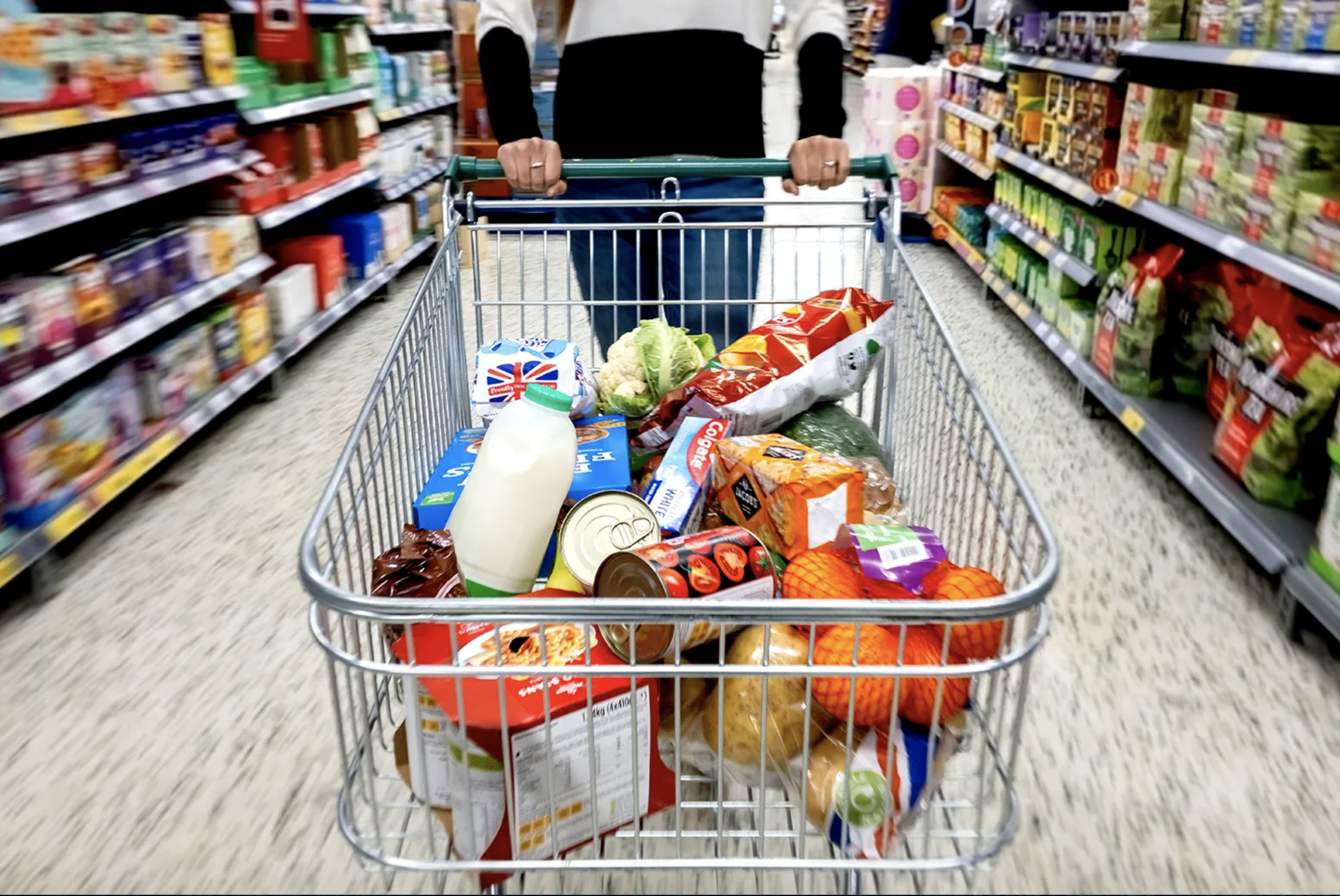Northeastern experts are taking the mystery out of what we eat.
In a paper published Tuesday in Nature Food, Giulia Menichetti, senior research scientist at Northeastern’s Network Science Institute, demonstrates that the concentrations of different nutrients in food follow a fixed pattern, and that the amount of any given nutrient in a food follows a similar mathematical formula.
Inspired by these findings, her team determined that 73% of the U.S. food supply is ultra-processed, which they link to a higher risk of developing a variety of health issues. Their findings, which showed the level of processing for over 50,000 foods sold in the United States, were published in an online database for public use.
Menichetti hopes this database will help fill in gaps in the public’s knowledge about what they eat—specifically, how processed the food actually is.
The study is part of a larger project called Foodome, which was cofounded by Albert-László Barabási, Robert Gray Dodge Professor of Network Science at Northeastern and co-author of the study. Similar to what the Human Genome Project did for human genetics, Foodome seeks to map out all of the chemical components of the human diet, with the goal of better understanding how what we eat impacts our health.
“It’s really food and environment, not simply genetics, that are the major determinants of our health,” Menichetti says.
Read more on News@Northeastern.
Photo by Matthew Horwood/Getty Images.

